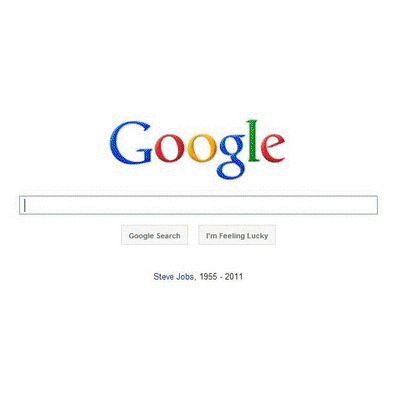- Beyond The Dashboard
- Posts
- Roundup - The last few weeks in search:
Roundup - The last few weeks in search:
Architecture, QSR Guidelines, and MUM deep dive.

There's been a lot going on, but due to a shift in how I generate content and some changes at work, I've been bogged down and unable to get a newsletter out the door.
Google Architecture Diagram -
I've been reading this article - a wonderful breakdown of the newly available and highly speculated facets of Google Search due to the ongoing antitrust lawsuits. https://www.analistaseo.es/posicionamiento-buscadores/how-google-works-working-algorithms/

Natzir Turrado - breaks down these algos and the technology in a way that might be one of the most complete views, especially when we add his Architecture Diagram.
2023 Quality Search Raters Guidelines Update -
Also, we have Lily Ray's Quality Search Rater Guideline breakdown for the 2023 update.
It's been around a year since Google's last QSR update, and this one gets extremely granular when defining "What it means to provide high-quality search" and helping the QSRs better understand why some results are better and more helpful than others.
A new page ends up getting a medium score. If the conversation veers into "combative" or decorum slides, then the overall quality of the page ends up sliding.

This level of detail helps us all better understand how much the quality score can shift based on the tone or the UGC included on the page.
You can have a great page that is high quality and provides a great user experience but gets slammed for user behavior.
Managing the future of SEO Without Keywords -
Cindy Krum delivered a presentation at the Barbados SEO conference and was kind enough to post a portion of that presentation.
She dives into MUM, the (Multi-Task Unified Model) and how they are likely utilizing it to reduce processing power to return quality results for queries and how they are also likely to use it for improved CVR for targeted ads.
It's well known that not all queries require the same processing power. Some are all the same for the people who see them, at least for a time.
Please take a few minutes to brush up and form a better understanding of the technology used to build the results we all use daily.
Find and Delete in Search:
I didn't know this, but Google offers a straightforward tool to find + delete search results containing personally sensitive information about you. Things like your:
• Telephone #
• Home Address
It won't delete results "valuable to the public," but this is a great tool overall.
Here's a detailed process:
Here's the tool link if you need to jump right in:
Conclusion:
I'll be back this coming week with something similar to the programming we've grown used to, but this should be enough to chew on for now.
A lot here is beneficial and could be a full newsletter in the future.
Closing Thoughts
Stay tuned for more insights, stories, and tips. Until next time!
I hope this gave you some perspective and helps as you build your career.
Matt!
Cool Links:
Check out these textless Product List Pages and Home Page.
Looks like Chanel puts a big emphasis on schema and image optimization!
Realistically, this makes sense for their customer base. It perfectly aligns with their target market since they search for product images and other visual search avenues.
Not going to work for some industries, but certainly for luxury and high fashion.

